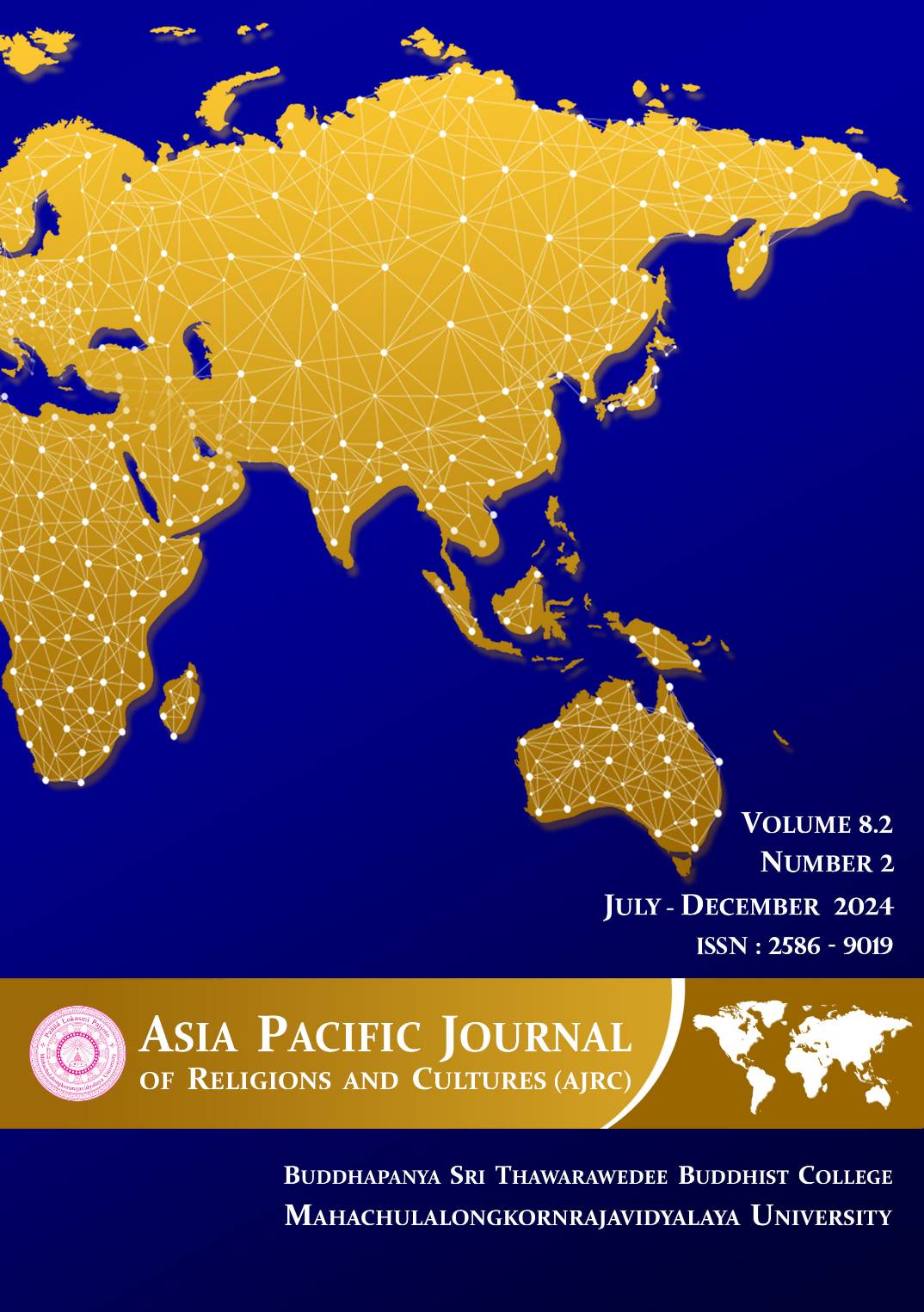THE IMPLICATION OF VR INTO THE VOCAL MUSIC TEACHING
Main Article Content
Abstract
With the rapid development of digital technology, the society has entered a new economic form now, that is digital economy form. At present, human beings have entered a new production stage, and data has become the main means of production, affecting the development level of the whole economy. Under the background of comprehensive social and economic development, on the basis of digital technology of computer technology, network technology, virtual reality technology (VR), augmented reality (AR), artificial intelligence, the innovative development of the fifth generation of mobile communication technology (5G) and other emerging information technologies and the empowerment of the superposition effect, is accelerating to the society, mainly including digital industrialization, digital, digital public service, etc., in the field of digital integration and innovation and development, promote the whole society to the new social form. This article presented (1) virtual reality (VR) technology; (2) the connection between virtual reality technology and music education; (3) The implication of VR in vocal music teaching.
Article Details

This work is licensed under a Creative Commons Attribution-NonCommercial-NoDerivatives 4.0 International License.
References
Bell, J. T., & Fogler, H. S. (2004). The application of virtual reality to (chemical engineering) education. In Virtual Reality Conference, IEEE (pp. 217). IEEE Computer Society.
Bissonnette, J., Dube, F., Provencher, M. D., & Moreno Sala, M. T. (2016). Evolution of music performance anxiety and quality of performance during virtual reality exposure training. Virtual Reality, 20, 71-81.
Hedberg, J., & Alexander, S. (1994). Virtual reality in education: Defining researchable issues. Educational Media International, 31(4), 214-220.
Kenny, D. T. (2010). The role of negative emotions in performance anxiety, in Handbook of Music and Emotion: Theory, Research, Applications, ed. Juslin PN, Sloboda JA. Oxford: Oxford University Press.
Lehmann, A. C., Sloboda, J. A., & Woody, R. H. (2007). Psychology for musicians: Understanding and acquiring the skills. Oxford University Press.
Marougkas, A., Troussas, C., Krouska, A., & Sgouropoulou, C. (2023). Virtual reality in education: a review of learning theories, approaches and methodologies for the last decade. Electronics, 12(13), 2832.
Sherman, W. R., & Craig, A. B. (2002). Understanding virtual reality: Interface, application, and design. Elsevier.
Taborsky, C. (2007). Musical performance anxiety: A review of literature. Applications of Research in Music Education, 26(1), 15-25.
Tang, W., Chen, C., Lee, C., Lin, C., & Lin, Y. (2019). Application of virtual reality for learning the material properties of shape memory alloys. Apply Science, 2019(9), 580.
Wohlgenannt, I., Simons, A., & Stieglitz, S. (2020). Virtual reality. Business & Information Systems Engineering, 62, 455-461.


